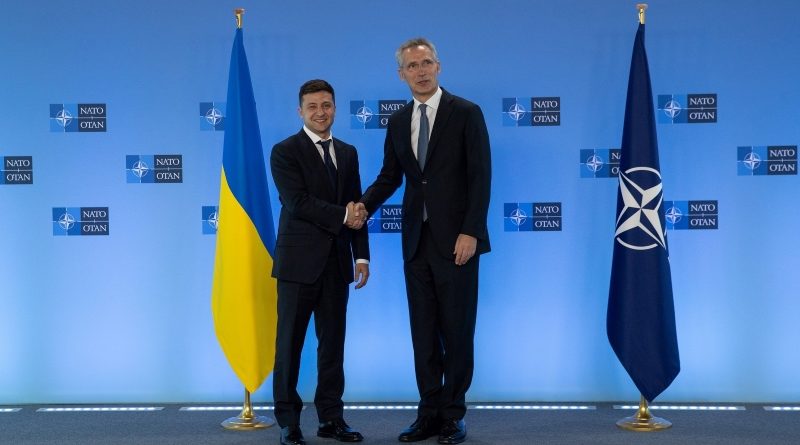Letter to the Editor: A Response to The Forum’s Fiona Hill Interview
Jonathan Hirsch was an International Security Fellow at Fletcher.
The following letter to the editor is a response to The Fletcher Forum of World Affairs’ February 22, 2022 interview with Fiona Hill. A transcript of the interview can be read here.
The recent invasion by Russia of Ukraine, taken in the context of past events, may be an indication not of Russian national strength but instead of deep-set weakness. Since his rise after displacing former President Yeltsin, Putin has consistently followed a two-track policy. The first is clearly an illiberal agenda aiming to preserve and enhance domestic power in the hands of the parties he controls. The second, in foreign policy, is to achieve those geopolitical objectives that have driven Moscow since the Battle of Kulikovo: a year-round warm water port for trade and naval base and land security against hostile invasion, along with resources from those buffer areas.
The second policy objective sufficiently explains the annexation of Crimea and opposition to Ukrainian membership in NATO. However, President Putin, emboldened by previous success(es), may have seriously miscalculated the path he has chosen now. Instead of Finlandizing Ukraine, he has invaded.
While Georgia and Ukraine were previously relatively unprepared to resist Russian aggression, this time it appears Ukraine will actively resist. Supported both at home by NATO and US-furnished military aid—and abroad by economic sanctions imposed on Russia, the conflict will lead to Russian parents receiving their children home as casualties, directly contradicting state propaganda broadcasts. This, coupled with increasing scarcity, could cause conditions not seen in Russia since the end of their Afghan aggression in 1989.
The ironic twist here is the exact thing Putin opposed, Ukrainian NATO membership, likely would have avoided this armed conflict. Putin dare not risk armed conflict failure or a general war. Had Ukraine been a NATO member, Article V of the North Atlantic Treaty would have meant Putin had a choice between using less force so as to not give NATO time to invoke Article V, risking failure, and using enough force to guarantee operational success, guaranteeing an Article V general military conflict which he most certainly knew he could not win. Putin would have had a Hobson’s choice, and likely would have left his forces outside of Ukraine.
NATO operates under North Atlantic Council consensus rules and was hampered by four years of an anti-collective security policy by the United States, making it so that it could not respond fast enough to block Russia’s invasion of Ukraine on the European chessboard.
The vast majority of us can only wait and see how this plays out. The Ukrainian will to resist will be the center of gravity. Let us hope US policy strengthens this will.
Jonathan Hirsch
LTC (Retired), US Army
Fletcher International Security Fellow ‘12
This piece is republished from The Fletcher Forum of World Affairs.

